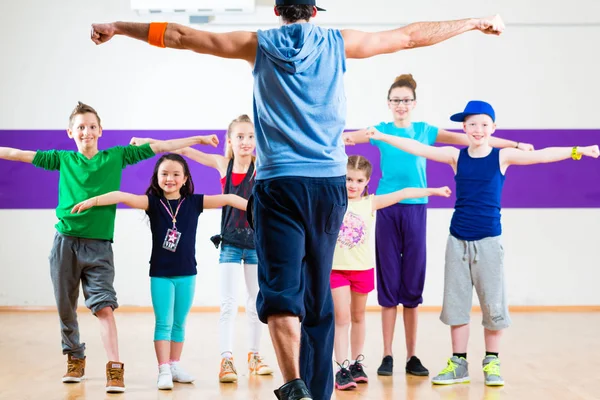
Sleep deprivation is one of the most common struggles for new parents. Parents are constantly trying to find new ways or methods to help their babies sleep through the night. Sleep training has struck intense debates regarding its success. Prior research ultimately found that sleep training methods improve infants’ sleep quality; however, much of this data was parent-reported so, it’s likely biased.
A randomized controlled sleep training study used actigraphy, data monitoring devices that infants wear, to detect whether the infant was asleep or awake. This study was composed of 6-8-month-olds who had parent-reported sleep problems. This study found that sleep-trained babies sleep longer for their first period of sleep, but only by 16 minutes. The researchers also found that infants in the sleep-trained group woke up just as often as infants in the control group.
Another randomized sleep training study assigned parents to one of three groups: checking in, bedtime fading, or sleep education. The parents reported that children in the checking-in and bedtime fading groups slept better after treatment. However, objective sleep measures revealed there was no difference in sleep patterns between any of the groups.
While the parental reports may still be biased, the data reveals that parents were sleeping better. Sleep training may provide moderate sleep improvements but is unlikely to result in long-term sleep improvements. Sleep training may be effective for some children and not for others. Each child is unique and has needs that may have to be catered for differently.
Read the full article here
Emma Dineen
Research Assistant, UConn KIDS









